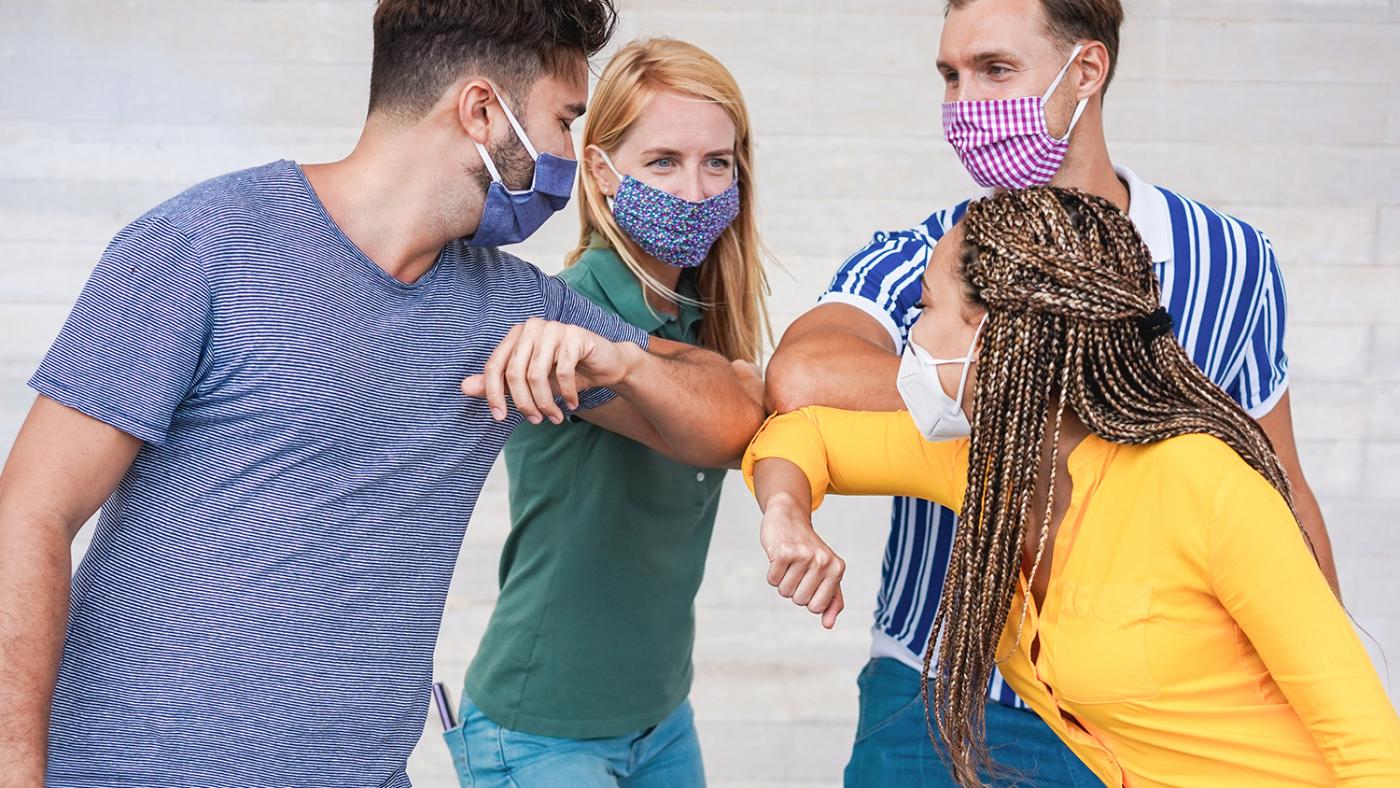AWTI advises:
'In times of crisis, scientists should join forces with nurses, artists and entrepreneurs'

Best known as "wicked problems", these complex challenges result from natural, social, political and economic developments that are difficult to tackle. According to the AWTI (report in Dutch, Ed), the world has learned a lot about how to deal with wicked problems during the pandemic, which has underlined the value of scientific knowledge. For instance, the speedy development of coronavirus vaccines was only possible because of research conducted in previous decades.
However, it’s not always easy to predict what kind of knowledge we’ll need in the future. That's why the importance of interdisciplinarity was underscored many times over in the report. In the early days of the pandemic, the policy was mainly influenced by virologists, even though behavioural scientists could have made significant contributions as well.
Society
Even so, little attention has been paid to the importance of knowledge and insights coming from outside the scientific community, even though they can be just as useful in times of crisis. The AWTI points specifically to individuals, companies and organisations that normally don't engage in a lot of research and innovation, but are capable of doing so.
Nurses, teachers, artists and designers can contribute meaningful practical insights as well, in the view of the AWTI. The same is true for patient associations, the environmental movement, and the business community, which could offer “new, unexpected perspectives that science and government would otherwise miss out on”.
That's why the concise report calls attention to the concept of "co-creation", in which government, science and other actors come up with solutions together. The CoronaMelder app, for example, which informed Dutch citizens whether they had been in contact with someone who tested positive for the coronavirus, is a good example of this, in the eyes of the AWTI. In a relatively short period of time, a safe app was developed thanks to the work of 3,500 paid and unpaid experts.
Culture and Hospitality
But the pandemic also produced examples of how not to handle massive challenges. For example, the Dutch government asked the business community to come up with their own plans to reopen safely. The cultural and hospitality sectors devised all kinds of road maps and protocols but the government didn't do much with them. “This gave people the impression that the government does not take contributions from society very seriously,” the AWTI writes.
Therefore, the council continues, the government needs to do more with contributions from actors outside the realms of science and politics. Co-creation goes beyond simply asking society for ideas; it also means ensuring that those ideas are put to use.
Details
Co-creation sounds straightforward enough until one gets down to the details. For example, agreements need to be made regarding “the ownership and use of jointly achieved results,” the AWTI notes. Who will have access to data and research results?
Moreover, most of the current initiatives are just preliminary explorations. In most cases, the expertise, networks and funding required to find effective solutions are lacking. The AWTI believes the Dutch government should help remove these obstacles.